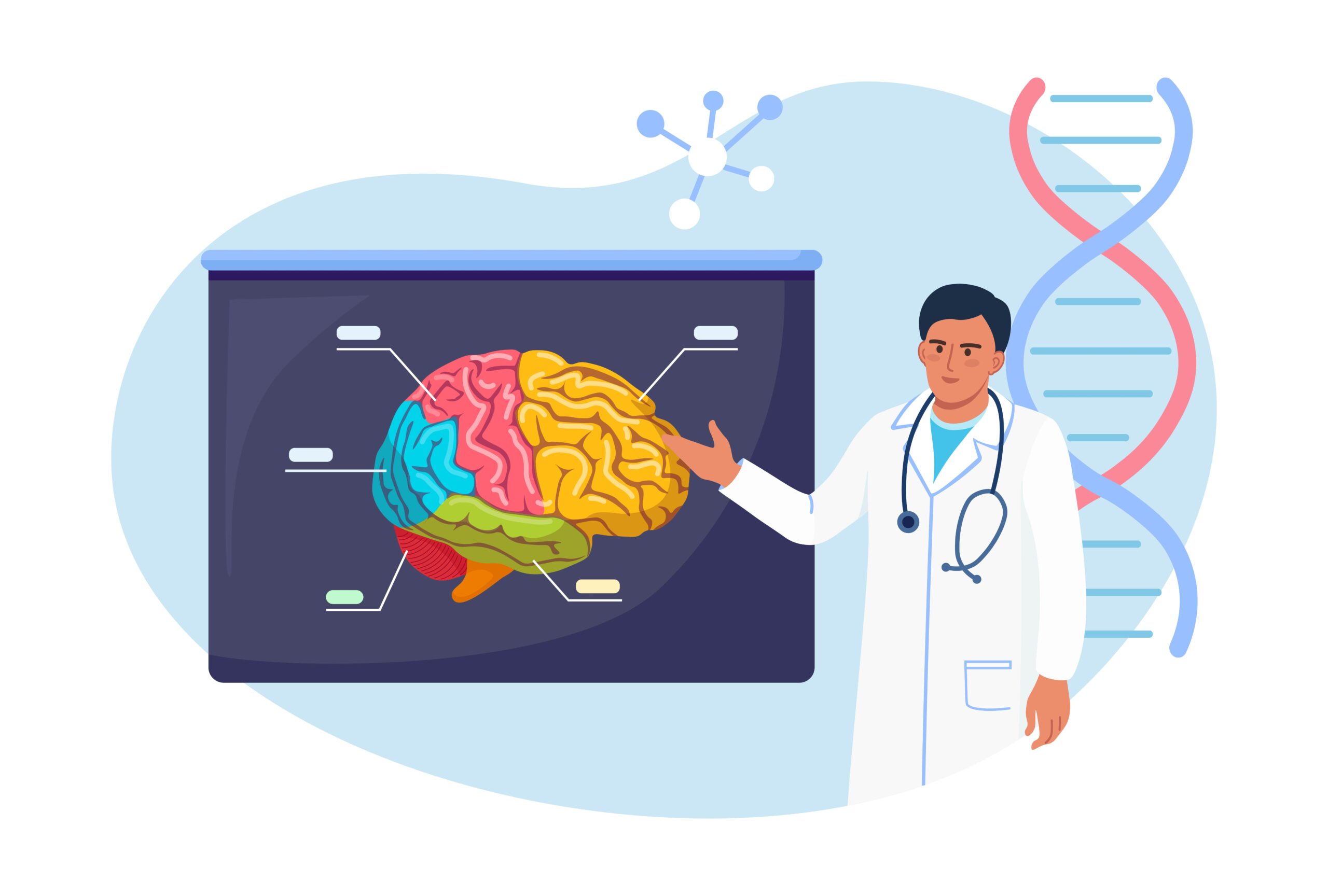Neurodegeneration is a chronic condition that damages and destroys the nervous system over time, which has become an extremely relevant health and socio-economic problem. Incurable diseases such as Alzheimer’s, Parkinson’s, and ALS (amyotrophic lateral sclerosis) pose an extremely important challenge to those in the world of pharmacological research. Other nervous system afflictions include genetic diseases such as Huntington’s disease, neurodevelopmental disorders, and some types of epilepsies, as well as acute stroke.
There are multiple biological causes for these diseases. For those with Alzheimer’s and Parkinson’s, specific groups of neurons accumulate proteins that form insoluble aggregates and stop functioning correctly. In the case of Huntington’s disease and neurodevelopmental disorders, the causes are genetic and linked to anomalies or rare mutations of specific genes.
Developing targeted therapies for neurodegeneration is additionally complicated as many patients experience long asymptomatic preclinical phases. This silent biological process can last for years before demonstrating progressive neuronal damage, and once the disease becomes clinically evident, treatment may be too late. Additionally, drug administration is highly limited due to the Blood-Brain Barrier, which filters the blood that arrives in the brain and serves to protect the brain from factors that could damage it.



